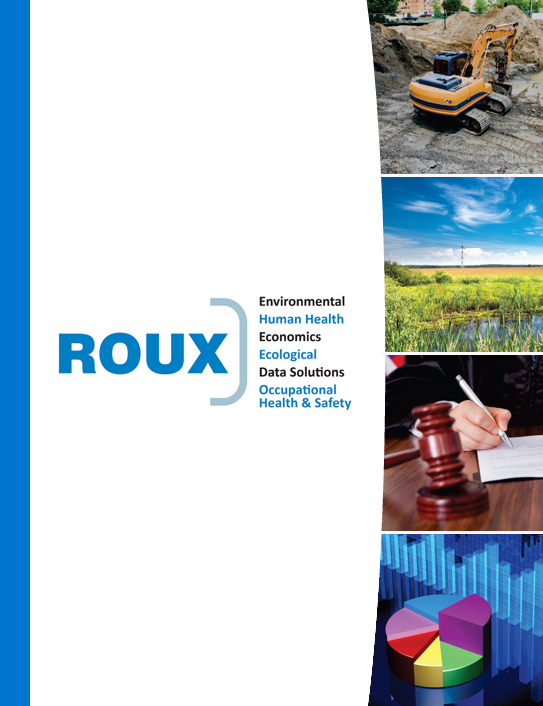New Texas Railroad Commission Rules to Impact Upstream/Midstream Operations
Authored by: Kathleen Buxton, PG
On December 17, 2024, the Texas Railroad Commission (RRC) voted to adopt new rules regarding oilfield waste management for the first time in 40 years. These new rules were published in the Texas Administrative Code on January 3, 2025. Chapter 4 covers Environmental Protection, with Subchapter A relating to Water Protection and Subchapter B relating to Commercial Recycling of Oilfield Wastes. The new rules extend to waste from operations to other areas that fall under the RRC purview such as geothermal energy, carbon sequestration, and brine mining wells. The new rules take effect July 1, 2025.
What does this mean for upstream and midstream operators?
Pipelines: New construction reporting and inspection of gathering lines regulations have been updated with this newest rule update. Rural crude gathering lines must be inspected at 10-year intervals, which historically was not required.
Produced Water: The new rules allow for the recycling and reuse of produced water associated with drilling, completion, and fracking operations. These new rules allow operators to apply for pilot studies with RRC permission or authorization, which can greatly reduce the volume of fluids needed to dispose of via injection. These pilot studies will need to be reviewed and overseen by a licensed engineer.
Waste Management Units: New updates regarding the design, construction, operation, monitoring, and closure of pits and stationary waste management units have been included in the updated rules. Requirements regarding leak detection, groundwater monitoring, and sampling prior to closure, are just a few new items addressed in the updated rules.
Recycling of Drill Cuttings: New rules associated with recycling of oil and gas waste were added to Division 7. These new rules allow for the treatment and recycling for beneficial use of drill cuttings in commercial products, as long as it meets engineering requirements and does not cause or contribute to pollution of surface or subsurface water. Additional permits will be required for the treatment and recycling of drill cuttings.
What can Roux do to help?
Roux’s engineering, compliance, and regulatory experts have been routinely providing services to the petrochemical industry for more than 40 years. Roux personnel have worked with oil and gas operators reviewing regulatory information as part of mergers and acquisitions. Additionally, the Roux team has designed treatment plants for produced water and Roux has the personnel to support permitting for the changes in recycling of waste based on the new regulatory requirements and operational history. As you navigate these regulatory shifts, we offer support and guidance tailored to your needs. Please contact our team with any questions or concerns below.
